Electrostatic Filter 16X20X1 ES Washable
170.00 $
Electrostatic filter 16X20X1
Characteristics :
- Washable
- Many electrostatic layers
- Breathes well under charge
- Versatile design
- 1″ for easy installation and care
- Maintains the energy efficiency of the system
- Easy care
- Sturdy construction
- Will last for several years

Frequently asked questions
Improves the quality of the air that you breathe
To keep your ventilation ducts clean. The return ducts (intake) will always be dusty, and that is normal. If the frequency of filter replacement is respected with vigilance, your supply ducts (air flow) will stay clean.
To reduce heating costs. A dirty filter allows less air to pass through; the motor of your furnace strains and uses more electricity to push the right quantity of air. As for the motor, it overheats, and wears out more rapidly.
So that the coil (evaporator) of your heat pump or air conditioner stays clean and continues to perform efficiently. The filter being always placed in front of the heating / cooling coil, if the filter is always replaced when it is too dirty, the dust passes right through and accumulates on the coil. A coil that is clogged with dust lets less air through and decreases the performance of your heat pump or your air conditioner.
In cooling mode, a filter that is too dirty prevents adequate air flow over the coil and can make it freeze. So you can be without air conditioning and water may run from the furnace when it thaws.
So that the temperature and the pressure of the refrigerant of your heat pump or air conditioner return outside as it should to preserve your compressor and other components longer.
1. First of all it is important to turn off the power supply to your furnace.
2. The filter is always located on the same side as the air return. On the side of the furnace that draws air from the house.
3. The filter is often located within the furnace, at the bottom of it. You can find it there by unscrewing a small plate, by lifting small clips, by removing a door with a handle from left to right or in a space provided for this purpose in the return ducts. The space always has a measurement that covers its surface.
Example: 20’’x 20’’ and a thickness that will vary from 1” to 5”. You can also have a filter bracket from a well-known brand such as Honeywell, Électroair, Respicaire, Aprilair and others.
Once the filter is removed, you can measure it or check the perimeter to find a sticker on the filter; there is always the nominal and actual sizes. The nominal size is always 1/4” more than the actual size.
Example: the real size of a filter is 19 3/4 X 19 3/4 X 3/4”, the nominal size will be 20x20x1.
Certain factors can influence the longevity of a filter, such as leaving the ventilation running 24 hours a day, or only when air conditioning or heating is required, pets, the number of occupants, the general cleanliness of the house, a finished or unfinished basement OR when you are doing work in the house, for example: plaster or floor sanding.
Example:
A 1” filter lasts for about one month of operation
A 2” filter lasts for 2-3 months of operation
A 4” filter lasts for 4 to 6 months of operation
The fact is that a 1” filter has less surface area to capture dust than a 4” filter.
MERV-01 comparison
First of all, MERV is a RATING: M=minimum, E=efficiency, R=reporting, V=value, better known as the MERV rating. .
To summarize
The higher the number, the finer the particles of dust that the filter can collect.
On the market, the MERV rating varies on average between MERV 8 and 13
MERV 8 being of standard quality and 13 being of superior quality
Pros and cons
A MERV 13 filter captures finer dust particles than a MERV 8 filter.
On the other hand, the cost of a MERV 13 filter will be higher than a MERV 8.
Also, because the MERV 13 captures finer dust particles, it will get dirty faster so to avoid blocking your ventilation system, it will have to be replaced more frequently.
Cost effective solution
Buying a standard quality MERV 8 filter or a high performance MERV 11 and replace it at a frequency according to the thickness of the filter. Thus, the filter allows enough air to go through for equipment such as your electric element or cooling coil. This equipment is very affected by the amount of air.
A little history
This is a measurement scale developed in 1987 by the American Society of Heating, Refrigeration and Air-Conditioning Engineers (ASHRAE) to measure the efficiency of air filters.
This scale has allowed standards to be issued and consequently, improve health and reduce the cost of heating, ventilation and air conditioning.
If you cannot find the filter that you need, no problem. Simply contact our customer service and we will help you.
We have access to many brands and sizes of filters. It is also possible to have custom filters manufactured.
After asking you a few questions, we will be able to give you the prices and availability.
If you are in this situation, we invite you to contact us either by telephone or email. If it’s possible, send us a picture of the existing filter.
450-669-1926 or info@nouvel-air.com
| Weight | 0.2 kg |
|---|---|
| Dimensions | 16 × 20 × 1 in |
Be the first to review “Electrostatic Filter 16X20X1 ES Washable”
You must be logged in to post a review.
Related products
Per brand
Per brand
Per brand
Per brand
Per brand
Per brand
Per brand
Per brand
Per brand
Per brand

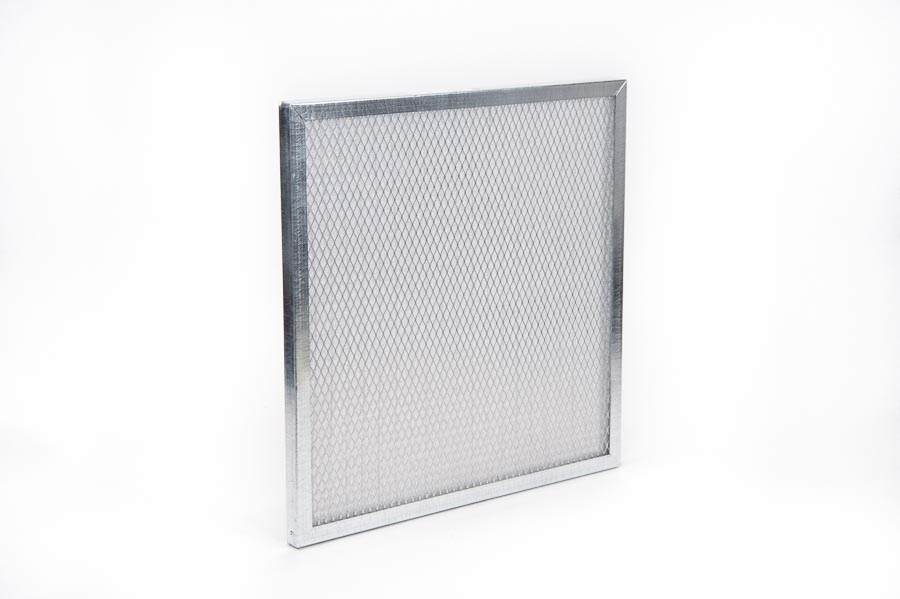
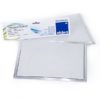
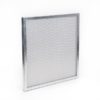
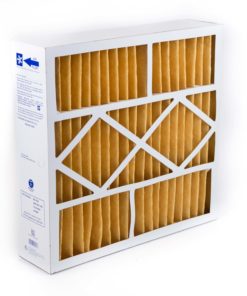
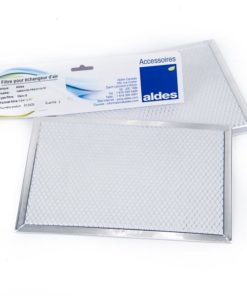
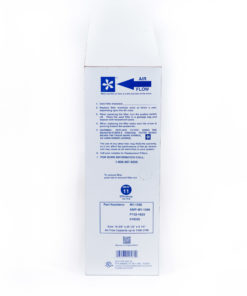
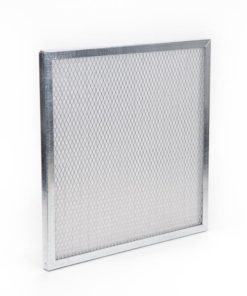
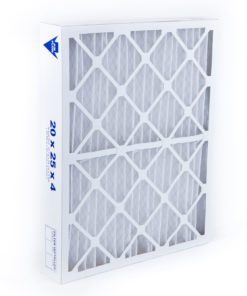
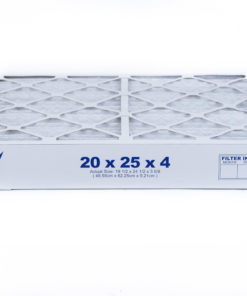
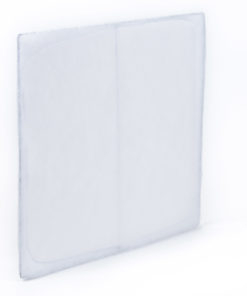
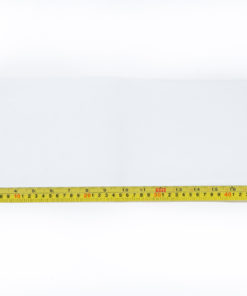
Reviews
There are no reviews yet.